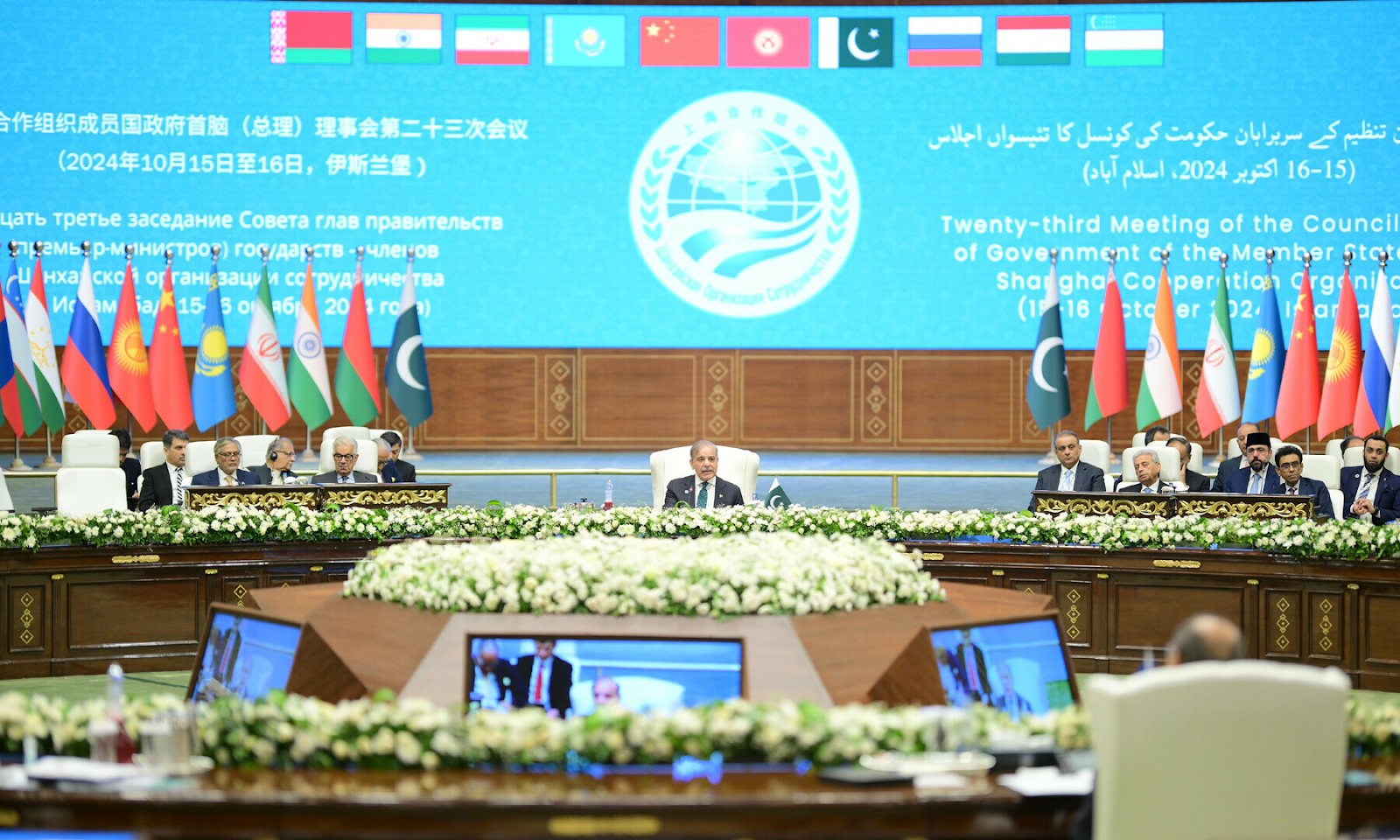A little bit more than patriotism. A little bit lower than jingoism. --- Nirendra Dev
Subscribe to:
Post Comments (Atom)
Kerala may mark --- "Communists Mukt Bharat" ... But that does not Congress is on revivavl march
Demography and onground political dynamism do not favour BJP in Kerala. Hence; due to anti incumbency; the Left may be ousted and after ma...

-
Do you want another war ? The biggest challenge about writing on insurgency and chiefly the insurgent leaders of north east -- the militant...
-
The Uttar Pradesh government on Tuesday (February 17, 2026) gave a new posting to senior IAS officer V Hekali Zhimomi (IAS:1996:UP). She h...
-
Authoritarian strongmen Vladimir Putin and Xi Jinping have mused on how organ transplants might lead to immortality !! The Naga Political P...





No comments:
Post a Comment